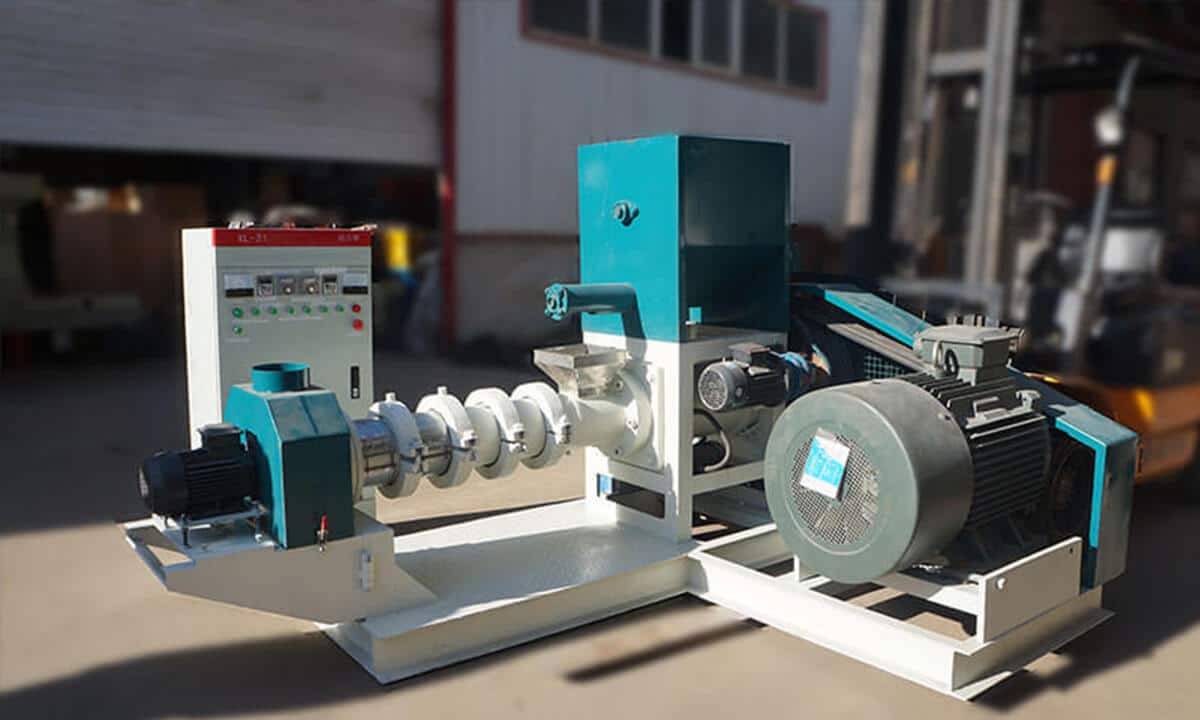Biomass pellets are a great alternative source of energy. Unlike coal, biomass is renewable and releases less amount of carbon dioxide. Sourcing biomass is easy. One can use wood by-products, grass, and trees as feedstock.
Biomass pellets are friendly to the planet. The production process does not involve intrusive activities that damage the earth's chemistry. And because biomass doesn't package harmful gases such as sulfur and methane, it is safe for domestic and industrial use.
The demand for biomass pellets has been surging in the recent past, all thanks to their portability.
The small cylindrical shape makes them attractive. So, besides the ease of handling bulky work, It carries enormous amounts of energy.
Homesteads that once swore by the charcoal seem to be changing the chorus thanks to the Small but powerful wood pellet mill. It plays a critical role in the change of perspective. Because they are affordable and come in a variety of shapes and sizes. Therefore, it is easy to state that cheap machines fuel production of pellets.
For starters, it is shooting down the cost of producing units of pellets. And it allows manufacturers to incorporate various raw materials into the system.
The unsung benefits of biomass pellet-making machines
The current generation of biomass pellet machines is flexible. One can manipulate the process to accommodate porous and wet feedstocks. The dryer helps draw out excess moisture and thus increases pelletization success.
Moisture content makes or breaks the quality of pellets. When you stick within your machine's parameters, you'll benefit from challenging and well-shaped pellets ideal for providing robust heat. On the contrary, soggy material slides in the die-hole chamber. And you'll get loose pellets that are incompetent at providing excellent heat.
Pelletmachine.com supplies quality tools that guarantee hard pellets suitable for heavy heating.
It allows consumers to derive heating value as it is keen to deliver uniform pellets repeatedly.
Biomass pellets are eco-friendly.
Biomass pellets are made from eco-friendly materials. They include wood products, crop residues, and a variety of agricultural waste. It tells you that biomass pellets don't pose health risks and are safe for domestic heating.
Quality pellets that adhere to moisture content leave tiny ashes after combustion. It helps to think that biomass pellets keep the home free from dust. And you can install your stove in the living room and never experience a dusty scene in your home.
But it would be best if you exercise caution when using biomass pellets. Some manufacturers can be ruthless and might incorporate treated wood that can produce toxic gases. And in some cases, fine particles of dust can accumulate and threaten to expose you to respiratory infections.
Biomass pellets have a high heat output.
Again, the concept of quality lingers here. You can only expect to reap the most value out of quality pellets. When you combine hard pellets with an efficient stove, you stand to experience maximum combustion that rewards you with insane heat.
Therefore, ensure you are using efficient stoves. And you will be helping curb the accumulation of poisonous particles in the atmosphere.
Conclusion
Biomass pellets provide a relatively cheap source of energy ideal for industrial and domestic use. They are gaining ground over coal and other fossil fuels because they are easy to formulate. Further, they don't seem to pose detrimental effects on the climate. And providing the manufacturers with regulatory rules might not exacerbate the carbon emission problem.


